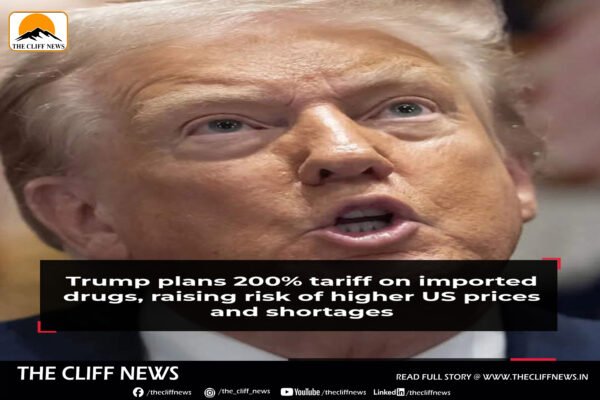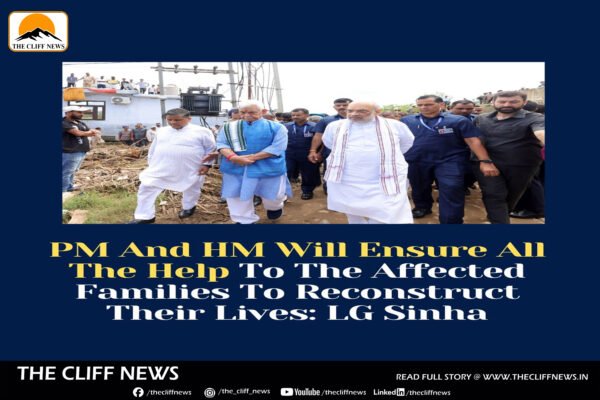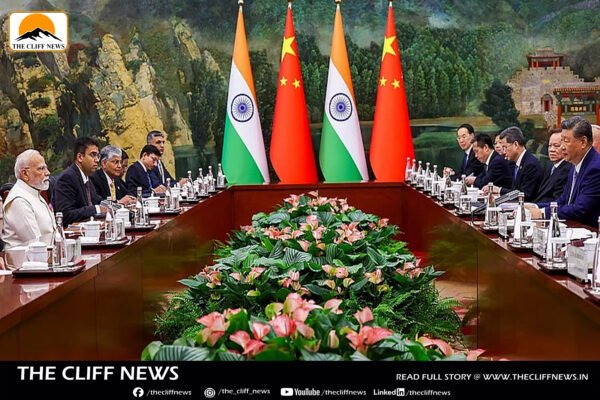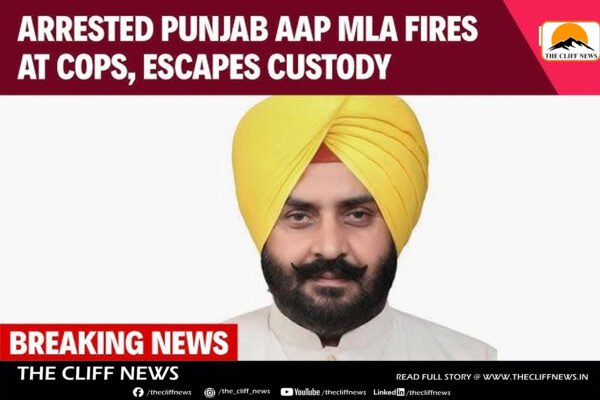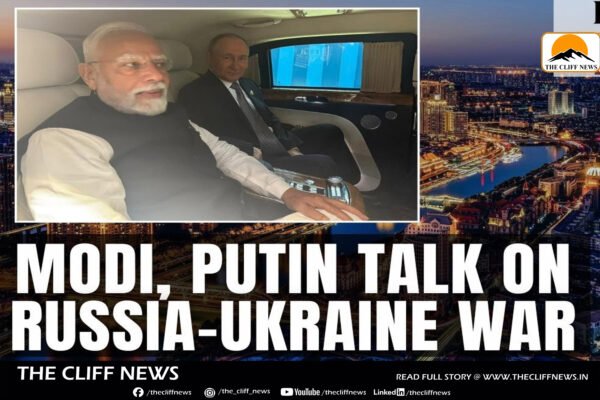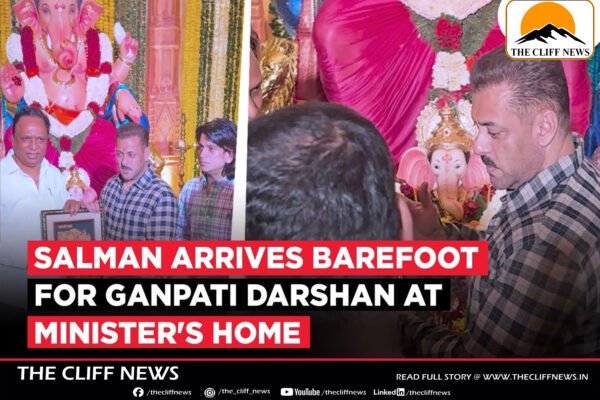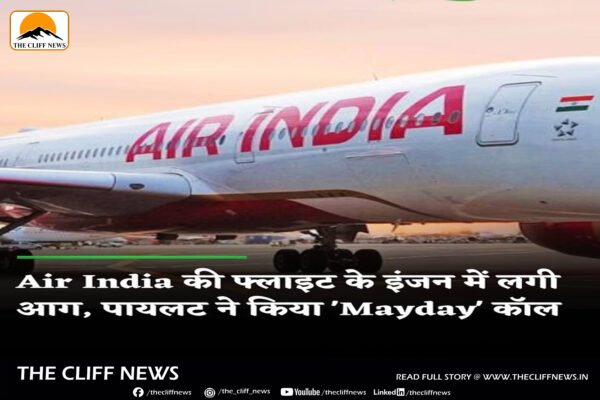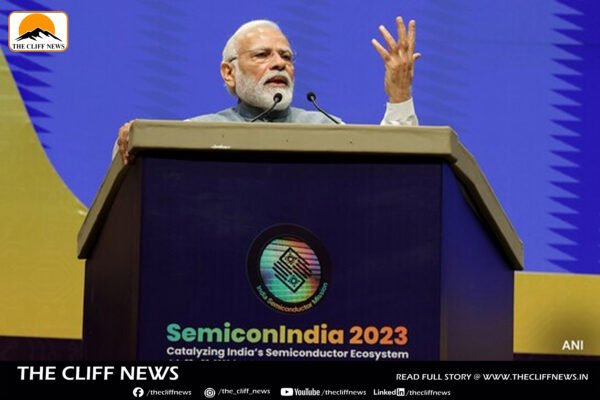Prime Minister Narendra Modi on Tuesday said that the world now trusts India and is ready to build the future of the semiconductor industry with it. He announced that the government will soon introduce the next generation of reforms in the sector. Inaugurating Semicon India 2025 in New Delhi, PM Modi emphasised India’s pivotal role in the trillion-dollar global chip market. “Investments of $18 billion are being made in 10 semiconductor projects approved since 2021,” he said. “The world trusts India, the world believes in India, and the world is ready to build the semiconductor future with India. While the last century was shaped by oil, the future will be shaped by chips.” The Prime Minister noted that the global semiconductor market, already valued at $600 billion, is on track to surpass $1 trillion, with India playing a key part. He said India is building a robust semiconductor ecosystem that goes beyond manufacturing to include research, design, and innovation, making the country globally competitive and self-reliant. Design centres in Noida and Bengaluru are developing some of the world’s most advanced chips, he said, while India continues to tackle industry-wide challenges. Modi also underscored India’s economic resilience, pointing to the country’s 7.8% GDP growth in the April–June quarter, achieved despite global headwinds. “Once again, India has performed better than every expectation, every assessment. At a time when the global economy is under pressure, India has achieved 7.8% growth. This performance shows India is on the right track to becoming a product nation,” the Prime Minister said. Union Electronics and IT Minister Ashwini Vaishnaw also addressed the gathering, urging global companies to manufacture in India. He said the country has laid a strong foundation for its semiconductor industry within just a few years. The three-day Semicon India 2025 conference, themed “Building the Next Semiconductor Powerhouse,” is being held from September 2 to 4 at Yashobhoomi. Jointly organised by the India Semiconductor Mission (ISM) under the Ministry of Electronics and Information Technology (MeitY) and SEMI, the global semiconductor industry association, it is one of South Asia’s largest semiconductor gatherings. The event features more than 350 exhibitors from 33 countries, over 15,000 visitors, six country roundtables, four country pavilions, and participation from nine Indian states. Sessions will focus on semiconductor fabs, advanced packaging, R&D, artificial intelligence, smart manufacturing, state-level policies, and investment opportunities.


